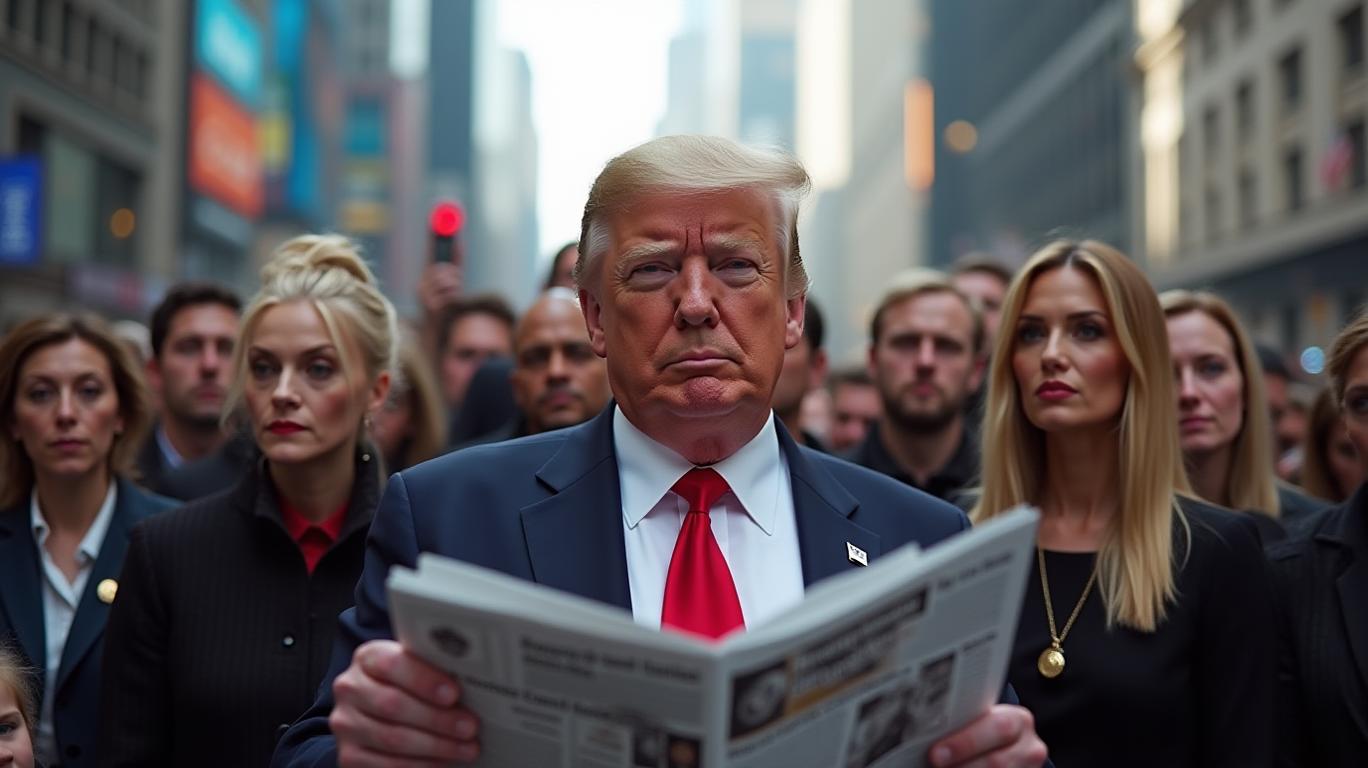"Trump's Crypto Revolution: Family Coins, DOGE Agency, SEC Shakeup"
The first 30 days of the Trump presidency brought significant changes to U.S. cryptocurrency policy, with executive orders, agency appointments, and regulatory shifts reshaping the federal government's approach to digital assets.
On inauguration day, the Trump family launched TRUMP, a memecoin on the Solana blockchain, which reached a $15 billion market cap before dropping 40%. First Lady Melania Trump followed with her own token, MELANIA. Their family venture, World Liberty Financial (WLFI), purchased $47 million in cryptocurrencies, bringing their total holdings to $326 million.
The administration created the Department of Government Efficiency (DOGE), placing Elon Musk in charge. The department faced legal challenges from watchdog groups claiming violations of the Federal Advisory Committee Act, which requires public involvement in federal committees.
Changes at key regulatory agencies began on January 21. The Securities and Exchange Commission saw the nomination of Paul Atkins to replace Gary Gensler as chair, with Mark Uyeda serving as Acting Chair. Under Uyeda's leadership, the SEC established a cryptocurrency task force led by Commissioner Hester Peirce to develop clearer regulations and registration paths.
The administration announced "Stargate," a $500 billion private investment initiative for the U.S. artificial intelligence industry. Initial backers included OpenAI, SoftBank, and Oracle, though Elon Musk questioned the funders' financial capacity.
On January 22, Trump pardoned Silk Road founder Ross Ulbricht, who had served nearly ten years in federal prison. The pardon fulfilled a campaign promise and came after advocacy from prison reform groups and cryptocurrency industry members.
The president established a crypto working group through executive order on January 23. The group, excluding the Federal Reserve and Federal Deposit Insurance Corporation, will study a national crypto reserve and develop regulations. David Sacks, the administration's AI and crypto czar, leads the initiative.
The Senate confirmed Scott Bessent as Treasury Secretary with a 68-29 vote on January 27. Bessent, known for his pro-crypto stance, expressed enthusiasm for the administration's embrace of digital assets and their alignment with Republican values.
February brought market volatility as Trump implemented new tariffs. On February 2, levies on goods from Mexico, Canada, and China caused tech 
Quickly understand the history and background of various well-known coins
Latest Articles
Stay ahead of the market.
Get curated U.S. market news, insights and key dates delivered to your inbox.

Comments
No comments yet